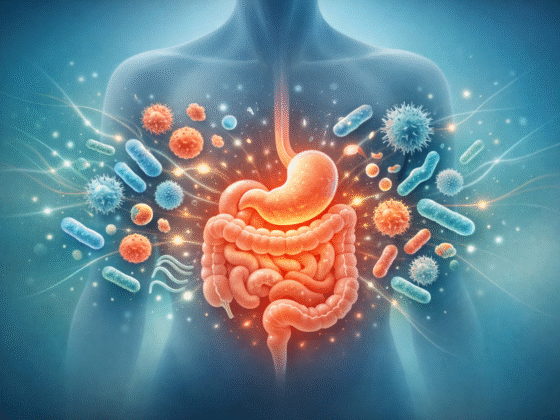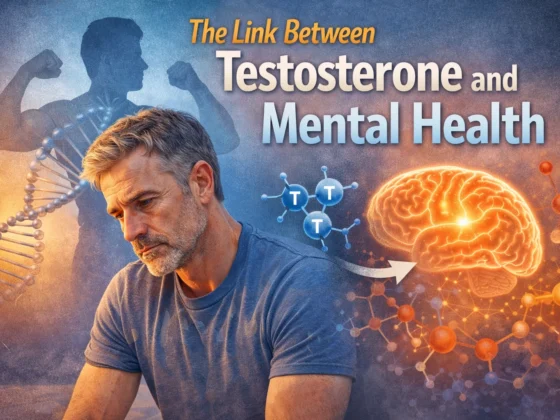Last Updated on 18th August 2021 by Charlie Walsh
Whilst many recreational users prefer to use this drug occasionally, some people are finding it increasingly difficult to break the habit. We have decided to explore the effects of cocaine on your heath, wealth and wellbeing whilst also discussing getting help for cocaine addiction.

What is Cocaine?
Cocaine is a white powder that is sometimes known as coke, flake, sniff, Charlie or toot (this list is not exhaustive). Cocaine is usually snorted using a note or key and works as a short-term stimulant. Users often feel more energetic, chatty and confident after using the drug. However, because the high from cocaine wears off after 20-30 min, this often leaves users craving more. Cocaine is usually quite expensive too, with users paying around £30-£50 per gram. As you become more accustomed to taking cocaine, users find that they start to crave it more. Some people mix cocaine with alcohol and find that they crave cocaine more when they have been drinking, so it fast becomes a dangerous and expensive habit.
How does cocaine affect your health?
Cocaine is risky for anyone who has a history of heart problems or high blood pressure, but even healthy young people have died from fitting or heart attacks if they take too much. Once users come down, they may experience feelings of anxiety, depression or paranoia. Cocaine use can also increase mental health problems if you have them or bring them to the surface. Suicide rates amongst those using cocaine have also increased with cocaine users up to 16 times more likely to attempt suicide. Combining cocaine and alcohol also creates the toxic chemical cocaethylene, which can lead to a heart attack whilst regularly snorting cocaine can also lead to nosebleeds, loss of smell and can destroy the cartilage in your nose.
Cocaine and sex
Due to the stimulating properties of cocaine, initially this drug can significantly boost your sex drive. Users report feeling more euphoric, confident and sexy in the bedroom. However, the effects wear off quickly and can result in several negative consequences.
Cocaine users are more likely to become caught up in the moment and less likely to seek out a condom if there isn’t one readily available. This can lead to an increase in sexually transmitted infections or an unwanted pregnancy. Rough sex whilst high on cocaine can also damage condoms which leaves users at risk of STI’s.
Obtaining consent from someone when you’re both high on cocaine is difficult because your judgement is clouded and in the eyes of the law, you cannot consent to sexual activity. This can leave you at risk of sexual assault or being accused of sexual assault by someone who was legally unable to consent.
Long term use of cocaine or cocaine addiction can lead to sexual dysfunction in which men may struggle to achieve or maintain and erection or female users struggling to achieve orgasm or natural lubrication. Feelings of anxiety and depression may also cause low libido and poor sexual satisfaction which may cause problems within relationships and exacerbate feelings of depression and low moods.

What are the signs of a cocaine addiction?
Cocaine is highly addictive because it causes a release of the chemical dopamine. This chemical causes users to feel happy and euphoric. However, regular use of cocaine harms the dopamine neurotransmitters which means that they will find it much harder to feel pleasure and happiness naturally. In effect, users seek more cocaine to replicate the happy chemical and this can lead to cocaine addiction.
Some of the signs of cocaine addiction are:
• Irritability
• Restlessness
• Lying about cocaine use
• Hiding cocaine use
• Failure to meet responsibilities at home or work
• Strained relationships with family or friends
• Poor money management
• Nosebleeds
• Gastric ulcers
• Perforation of stomach or small bowel
• Impaired sexual function
• Inability to smell
• Dilated pupils
• Difficulties swallowing
• Chronic, runny nose
• Hoarseness
• Anxiety
• Depression
• Delusions
• Hallucinations
• Paranoia
• Psychosis
• Extremely violent behaviour
How to get help with a cocaine addiction
Studies show that 61% of people who seek treatment for cocaine addiction stop taking cocaine within 6 months. Users don’t have to take cocaine every day to have a cocaine problem or be classed as an addict. If they have tried to cut down on their cocaine use or stop taking cocaine and they can’t, this is a sign that they have a problem.
Users can visit their GP for a referral for treatment, or they can self-refer to a local drug treatment facility for help. Initially, users will be allocated a key worker who will work with the individual to put together a tailored plan so that they can beat cocaine addiction with the best support. If you have other addiction such as alcohol, cannabis or heroin, you may be offered treatments to help beat those addictions too.
The National Health Service recommend several different therapies as being effective for beating addiction to cocaine, these are:
Therapies such as Cognitive Behavioural Therapies help you to understand more about your behaviour and addiction to cocaine. This can help you to make changes that you need and develop techniques to help you to combat cravings. Talking within a group setting can also help users to feel less alone and feel more able to talk about their experiences with others who are experiencing something similar.
For those seeking something help that is tailored to your individual needs, you may want to visit other support groups such as Narcotics Anonymous or Cocaine Anonymous for specialised support. At Bathmate, we are strong believers in getting help when you need it. If you have any further questions about getting help for drug addiction, you can contact us anonymously and we will direct you to some services that can help you.










